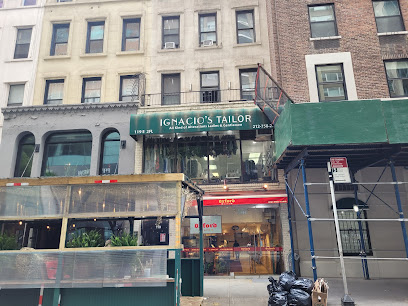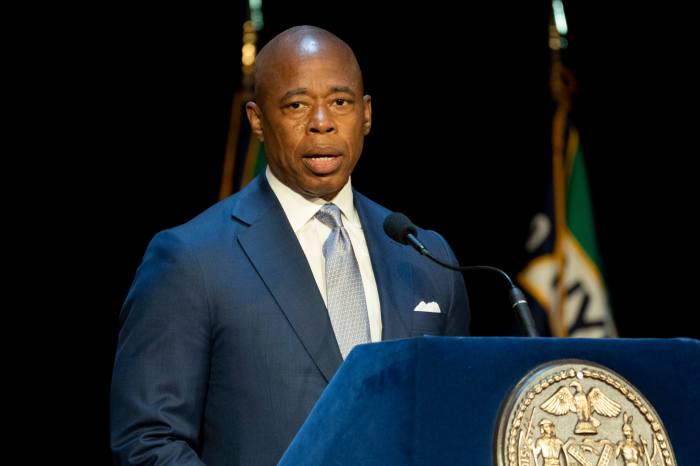HALIFAX, N.S. – Canada’s fisheries minister courted Chinese officials Tuesday in a bid to secure new markets for the country’s beleaguered seal industry as other nations shut their doors on the maligned products.
Gail Shea and several Canadian sealing companies paraded a collection of sealskin fashions, seal oils and medical uses for seal organs at the International Leather and Fur Show in Beijing.
Shea said she’s trying to develop markets for new seal products, like meat, organs and oils, as the European Union moves ahead with its ban on the import of Canadian seal products.
“The EU was a small market for Canada. Of course, we’re disappointed in their actions,” Shea told reporters by phone from China.
“There are many other markets out there. That’s what we’re doing in China – we’re trying to expand on the market that’s here.”
Ottawa is hoping to capitalize on China’s appetite for seafood, fish oils and organs, and boost an already large market for finished seal products. It wants to expand what amounts to a small amount of trade in some seal products.
Alain Belle-Isle, a Fisheries spokesman, said Canada exported $1.1 million in seal fats and oil to China last year, while an unknown percentage of the $4 million in pelts went to the country after being manufactured into boots and other clothing.
China has yet to certify Canadian seal meat for human consumption after years of efforts.
Shea said she met with Chinese officials to discuss criteria for meat certification, but that it’s not clear when or if it will be approved.
South Korea is one of few countries that imports Canadian seal meat for human consumption.
Shea said she hadn’t encountered any resistance to the products from animal rights activists in Beijing, though one critic said there is growing opposition to Canada’s seal hunt on the grounds that it’s inhumane.
Rebecca Aldworth of the Humane Society of the United States said there’s an increasing movement, largely in Hong Kong, to prohibit the importation of seal goods into China.
Aldworth said Canadian taxpayers should be upset that they’re funding trade trips to promote a seal hunt that polls have shown they don’t support.
“The Canadian government has been spending millions of dollars for many years trying to develop markets in China and those efforts have failed,” she said.
“There’s no reason why any efforts this year will have a different outcome.”
Instead, Aldworth said Ottawa should be spending money getting seal fishermen out of an industry that has been boycotted in the U.S. and much of Europe.
“It’s pretty clear that globally, the seal product trade is coming to an end,” she said. “Trying to introduce it to the Asian market is just a waste of taxpayers’ money.”
But Frank Pinhorn of the Canadian Sealers Association said the minister is making the right moves in trying to drum up new business for an industry that has been the victim of the worldwide economic downturn rather than a growing distaste for the product.
Pinhorn said few hunters went out last year because pelt prices bottomed out at $14 compared to more than $100 a skin only a few years ago.
He said the seal population is thriving and that there will still be markets in China and Russia even if the EU ban takes hold.
Ottawa has requested consultations with the EU at the World Trade Organization, which is the first step before launching an official trade challenge to salvage a Canadian industry valued at $10 million in exports last year.
A group of Canadian stakeholders including Inuit seal hunters have challenged the legality of the ban at the European Court of Justice.
















